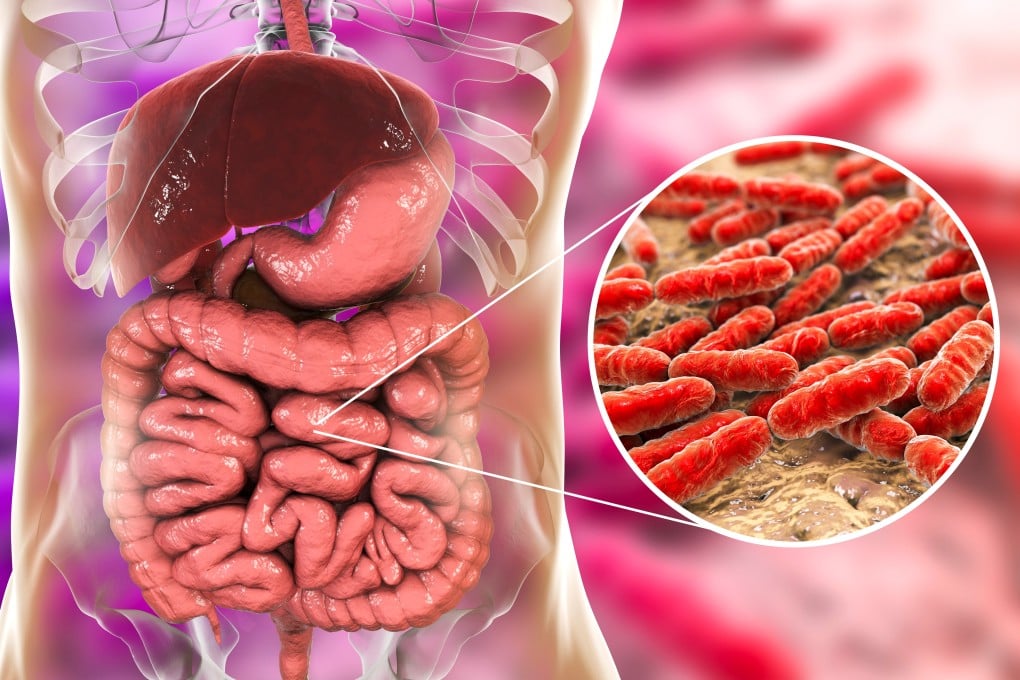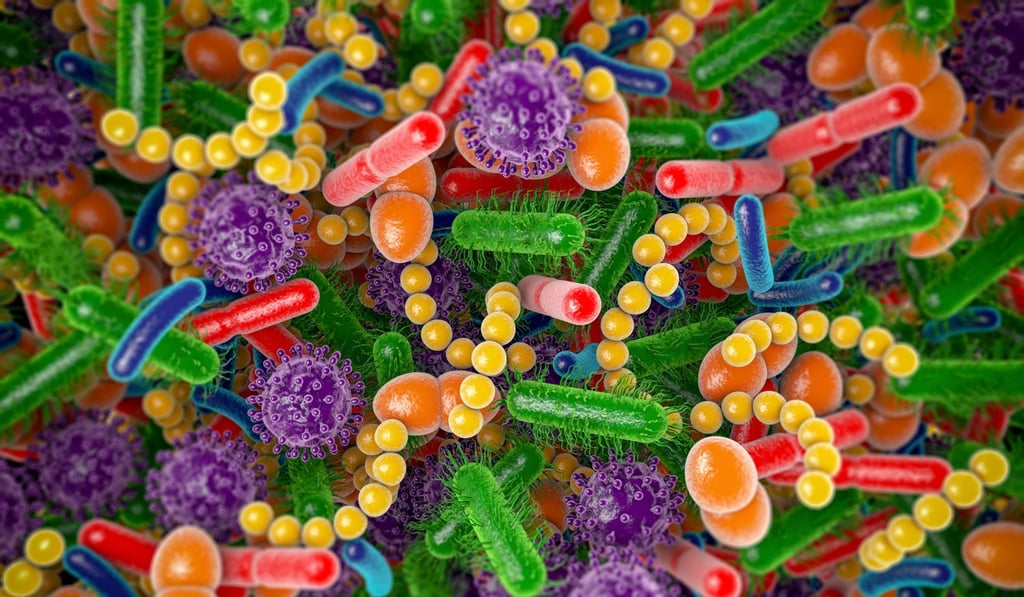The microbiome explained: how a vast army of gut bacteria regulates body’s functioning
- When we eat, we feed the bacteria in our digestive system, and they produce substances both beneficial and harmful
- New research supports the idea that microorganisms in the gut play a role in all sorts of diseases and health conditions

Microbiome. You’re hearing the word a lot now, right. But what does it mean?
Dr Paul Ng, a Hong Kong based specialist in gastroenterology and hepatology, says the microbiome, or microbiota, refers to the myriad microorganisms living inside the human gut, mainly in the colon.
“It’s not a new discovery. For decades, doctors had thought that there are strains of bacteria living parasitically in the colon. But we actually need these bacteria to function properly,” Ng says.
While the knowledge of the microbiome isn’t new, our understanding of how we interact with the microbiome is.

The human microbiota, University of Colorado research associate Maggie Stanislawski explains, “is the community of microorganisms (bacteria, viruses and fungi) that live in and on the human body, and the microbiome includes these microorganisms’ genomes and their interactions with the environment”.
